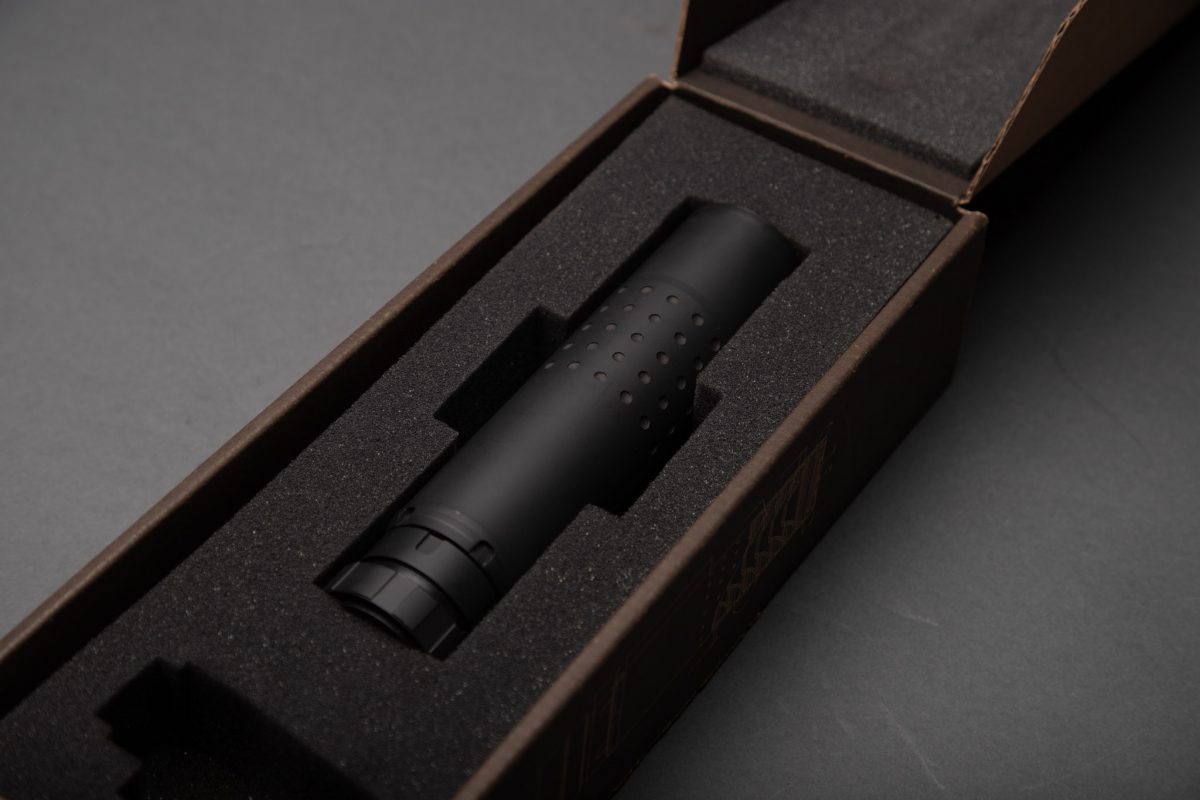Ever listen to someone start explaining a “gun trust” and felt your eyes glaze over faster than a deer caught in headlights? You’re not alone. These legal enigmas sound like something out of a John Grisham novel, but guess what? They’re actually more approachable than you might think. And to tell you the truth, unlocking the secrets of gun trusts could hold the key to smoother silencer ownership, easier inheritance, and maybe most importantly, sharing your long-awaited silencer with your family and firends.
Now, before you start picturing yourself in a pinstriped suit sipping martinis with shady lawyers, let’s ditch the legalese and crack open the gun trust vault in plain English. Imagine your Gun Trust as its own person. In fact, you get to name him. This person is going to buy your silencer, but he gets some benefits that you don’t. Let’s get into those right now.
So, are gun trusts worth the hype? Buckle up, because we’re about to answer the six most burning questions you have about gun trusts, all served up with a side of friendly gun talk and zero judgey lawyer speak. (No offense Zack, we love you.)
1. Is a Gun Trust Worth it?
Short answer: Probably. Think of it like bulletproof insurance for your favorite shooting toys. Here’s the deal:
- Pros: Silencer ownership gets significantly smoother with a gun trust. – say goodbye to a mile long list of worries that might land you in prison and hello to whisper-quiet range sessions! Inheritance becomes a breeze, no more family feuds over Grandpa’s prized Surefire can. Plus, you can share your gun love with family and friends by adding them as co-trustees and responsible persons (think of it as building your own legal gun club!).
- Cons: There are some upfront costs and paperwork hurdles to jump through. But hey, great things rarely come easy, right? (It isn’t that hard, we’ve got you)
2. How Does a gun trust work?
Picture this: your guns aren’t just yours, they’re owned by a legal ‘person’ called a “trust.” That trust can be owned, controlled, and managed by multiple people that you designate. Which means you get some really great benefits.
- Inheritance: When it comes time for someone to inherit your silencer, having the item in a gun trust with your survivors names as Responsible Persons, means there’s no additional paperwork. The suppressor is already theirs to possess legally.
- Multiple Owners: When you add a family member or friend as a Responsible Person on your trust, they are legal owners of the items in the trust, just as you are. That is, the trust owns the suppressor, but the responsible persons control the suppressor. Making it easy and legal for your suppressors to be used by multiple people.

3. Does the ATF have to approve my gun trust?

Nope, the ATF isn’t some league of mystical gun-wielding wizards handing out trust diplomas. They simply check your paperwork when it is submitted for the transfer of the suppressor to make sure everything’s legal and above board. As long as your trust follows the rules, you’re golden.
4. What’s the best name for my gun trust
What’s the best name for your gun trust? Anything you like. Seriously. Some popular options include:
- “[Your Name] Family Firearms Trust” – Classic and straightforward, like a trusty revolver.
- “The [Funny Inside Joke] Trust” – For those who appreciate a good chuckle. Just remember, keep it family-friendly, folks. Or don’t. I’m not your supervisor. (Says the guy who owns the Task Force 69 Gun Trust.)
5. How many people can be on my gun trust
As many people as you would like. Seriously, there’s no limit here.
Bonus Tip: Don’t try to write your own gun trust with nothing but duct tape and chewing gum. It’s like attempting brain surgery with a butter knife. Consult a lawyer or use a reputable online service to make sure everything’s done right the first time. Trust me, your future self will thank you.
We all use National Gun Trusts for ours and absolutely love and recommend them.
If you are ready to pull the trigger and get your NFA gun trust started today click the link below right now.
